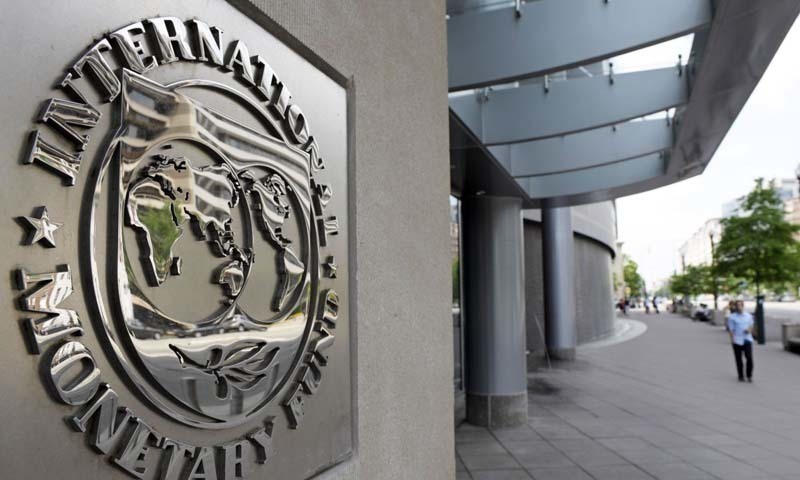Climate change, Nigerian floods will raise food costs, according to the IMF
Nigeria has been tasked by the International Monetary Fund (IMF) to prepare for the impact of climate change and this year’s floods.
Mai Farid, a representative of the IMF’s African Department, emphasised that higher food prices are likely.
During a Monday discussion on “Climate Change and Food Insecurity in Sub-Saharan Africa,” Farid gave the indication.
She claimed that the IMF was aware of the extent to which the floods had affected populations in Nigeria and other nations.
“We recognise Chad and Cameroon have also been hit. The supply of agricultural production is going to drop which will put even further pressure on prices.
“The floods have affected some of the transportation networks which makes it even harder for food to transfer into the country or even out.”
Farid encouraged Sub-Saharan African nations to spend money on infrastructure and early warning system technology.
John Spray, a representative of the IMF’s Asia and Pacific Department, warned of long-lasting consequences and sudden shocks.
“Getting people food and cash early, getting that social assistance out to people can have a really big impact in the long run,” he said.
More than 300 people have died as a result of the floods that hit Nigeria in 2022.
Damage has been done to homes and farms in Adamawa, Anambra, Bayelsa, Borno, Delta, Imo, Jigawa, Katsina, Lagos, Kogi, Borno, Taraba, Yobe, etc.













